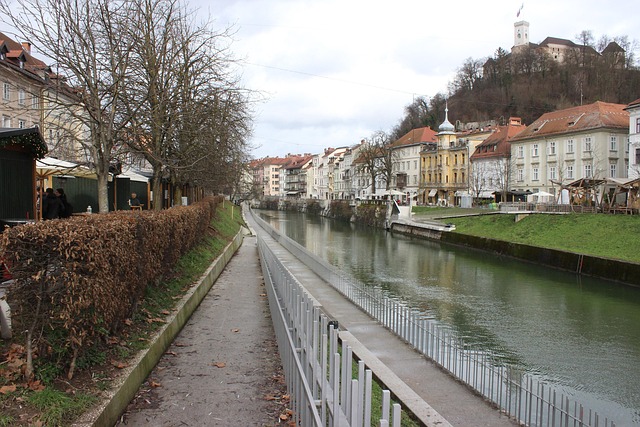In Karachi's vibrant Clifton neighborhood, recurring electricity load shedding disrupts daily life and businesses. Peak summer demand, insufficient power generation, and inadequate infrastructure cause irregular power supply, leading to increased costs and productivity losses. Modernizing the power grid, adopting smart grids, diversifying energy sources with renewables, and promoting energy efficiency are crucial strategies for a stable and reliable power supply in Clifton, ensuring a resilient future for the bustling metropolis.
In the heart of Karachi, electricity load shedding has become an all too familiar challenge for residents and businesses in Clifton. This article delves into the complexities of this issue, exploring the causes behind the frequent power outages and their profound impact on daily life. We analyze potential solutions, from infrastructure upgrades to innovative energy management strategies, offering insights into a sustainable path towards a more reliable power supply for Karachi’s vibrant metropolis.
- Understanding Electricity Load Shedding in Clifton, Karachi
- Causes and Impact on Residents and Businesses
- Potential Solutions and Strategies for a More Reliable Power Supply
Understanding Electricity Load Shedding in Clifton, Karachi

Electricity load shedding, a common challenge faced by many cities worldwide, has become an all too familiar reality for Clifton, Karachi. This phenomenon refers to the practice of temporarily cutting off electricity supply to certain areas in order to manage and prevent grid overload. With Karachi’s rapidly growing population and increasing energy demands, the city often struggles to meet its electricity needs, leading to periodic load shedding.
In Clifton, a vibrant neighborhood known for its bustling streets and modern infrastructure, residents frequently experience scheduled or unscheduled power cuts. These disruptions can range from a few hours to entire days, impacting daily routines, businesses, and even critical medical facilities. Understanding the reasons behind load shedding is essential for Karachians to adapt and cope with this ongoing issue, prompting discussions on sustainable energy solutions for the future of the metropolis.
Causes and Impact on Residents and Businesses

In Karachi, electricity load shedding has become a recurring issue, significantly impacting both residents and businesses. The primary causes are attributed to peak demand during hot summer months, insufficient power generation capacity, and inadequate infrastructure. These factors lead to irregular power supply, with frequent cuts lasting from several hours to even days.
The impact is far-reaching. For residents, it means disrupted daily routines, increased reliance on alternative energy sources like generators, and higher utility costs. Businesses, particularly those reliant on electricity for operations such as manufacturing, retail, and services, face productivity losses, damage to equipment, and decreased customer satisfaction. The situation is especially challenging for small businesses that lack the resources to invest in backup power solutions. In Clifton, a posh neighborhood of Karachi, these issues have led to growing discontent among residents and business owners, who often take to social media to express their frustration with the frequent and prolonged load shedding.
Potential Solutions and Strategies for a More Reliable Power Supply

In Clifton, Karachi, addressing electricity load shedding requires a multi-faceted approach. Potential solutions involve grid modernization and infrastructure enhancement to accommodate growing demand. Implementing smart grid technologies can significantly improve power distribution efficiency, reduce losses, and enable real-time monitoring, helping to stabilize the network during peak hours.
Additionally, diversifying energy sources is crucial for a more reliable power supply. Encouraging renewable energy adoption, such as solar and wind power, can help offset reliance on conventional fossil fuels. Energy-efficient practices and appliances also play a part in reducing overall load. Community engagement and awareness campaigns can foster responsible electricity consumption, ensuring a balanced approach to meet Clifton’s power needs without constant disruptions.
Electricity load shedding in Clifton, Karachi, presents significant challenges to residents and businesses alike. By understanding the root causes, from infrastructure strain to energy demand peaks, we can collectively work towards sustainable solutions. Implementing smart grid technologies, encouraging renewable energy adoption, and promoting efficient usage practices are key strategies to mitigate this issue. With concerted efforts, Karachi can move towards a more reliable and resilient power supply, ensuring a brighter future for its vibrant community.
